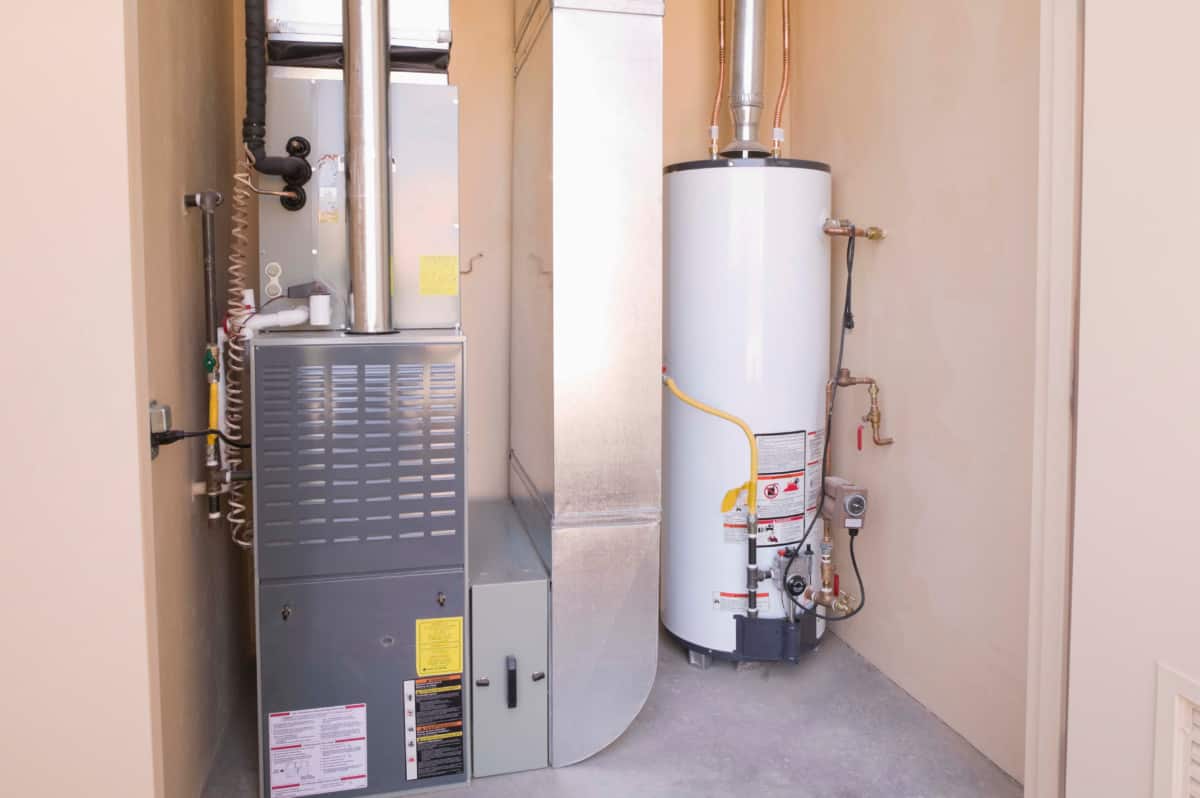Dealing with the Typical Water Heater Crisis Scenarios
Dealing with the Typical Water Heater Crisis Scenarios
Blog Article
Are you currently interested in facts and techniques on Is Your Water Heater Leaking??

A water heater is one of the most essential fundamental appliances that can be located in a residence. With hot water heater, you do not need to go through the anxiety of home heating water by hand every time there is a need to wash, do the laundry, or the meals. There is always an opportunity that your water heating system would act up as with the majority of mechanical gadgets.
It is essential to keep in mind any kind of little breakdown and tackle it rapidly prior to things get out of hand. Most times, your water heater starts to malfunction when there is an accumulation of sediments as a result of constant usage. As a preventative measure, regular flushing of your water heater is recommended to stop debris build-up and also stop functional failure.
Typical hot water heater emergencies as well as how to take care of them
Leaking water heater tank.
In this situation, you should transform off your water heater, enable it to cool down, as well as very carefully look for the resource of the problem. At times, all you require to do is to tighten a few screws or pipeline links in situations of small leakages. If this doesn't work and the leakage continues, you may need to use the services of a technician for a proper replacement.
Changing water temperature.
Your water heating unit could begin creating water of different temperature levels typically ice chilly or scalding warm. There may be a requirement to replace either the heating or the thermostat unit of your water heating unit.
Insufficient warm water
It may be that the water heating system can't support the hot water demand for your apartment. You could update your water heater to one with a bigger capacity.
Stained or smelly water
When this happens, you require to understand if the concern is from the container or the water source. If there is no funny scent when you run cool water, after that you are specific that it is your water heating system that is malfunctioning. The stinky water can be triggered by rust or the buildup of germs or debris in the water heating system container.
Conclusion
Some home owners disregard little caution and also minor faults in their water heater device. This just causes further damage as well as a possible full breakdown of your home appliance. You need to handle your water heater faults as soon as they come near avoid more expenses and unneeded emergency difficulties.
With water heaters, you do not need to go with the tension of home heating water by hand every time there is a need to take a bathroom, do the laundry, or the recipes. Your water heater could begin producing water of different temperatures usually ice cold or scalding warm. It might be that the water heating system can't sustain the warm water demand for your home. If there is no funny odor when you run cold water, then you are specific that it is your water heater that is malfunctioning. The stinky water can be created by corrosion or the accumulation of bacteria or debris in the water heater tank.
Common Water Heater Issues and What You Should Do
What Type of Water Heater Do You Have?
Before we begin it’s first important that you identify the type of water heater you have on your property. There are two main types of water heaters out there: conventional and high efficiency.
Both of these types of products typically use either gas or electricity to heat power. There are also solar water heaters that use a thermal collector on the roof or yard to heat the water.
While these models are not as common, they can cut heating costs in half. In this article, we will focus on conventional and high efficiency.
How Do My Electric and Gas Water Heater Work?
Though they look similar, electric and gas water heaters work very differently. It’s important to know their basic function because often problems can be specific to the heating source.
In the electric model, a thermostat on the side of the machine detects the temperature of the water in the tank. When the temperature needs to rise electricity flows to a heating element suspended in the water.
Gas models also use a thermostat device — typically with a mercury sensor at the tip and an additional sensor called a thermocouple. The thermocouple detects whether the pilot light is on and controls the flow of gas.
When the thermostat drops below the appropriate level gas is released which becomes ignited by the pilot light. The flame heats the bottom of the water tank which causes hot water to rise and cold water to drop.
This natural circulation continues until the water reaches the desired temperature. Then, the thermostat triggers the gas control valve to shut off the flow of gas.
What Are the Most Common Issues and How Do You Fix Them?
https://happyhiller.com/blog/common-water-heater-issues-and-what-you-should-do/

I am just very interested in Common Hot Water Heater Problems and I am praying you liked the new post. For those who liked our article please make sure you remember to pass it around. Thanks for your time. Come back soon.
Resolve fast, contact! Report this page